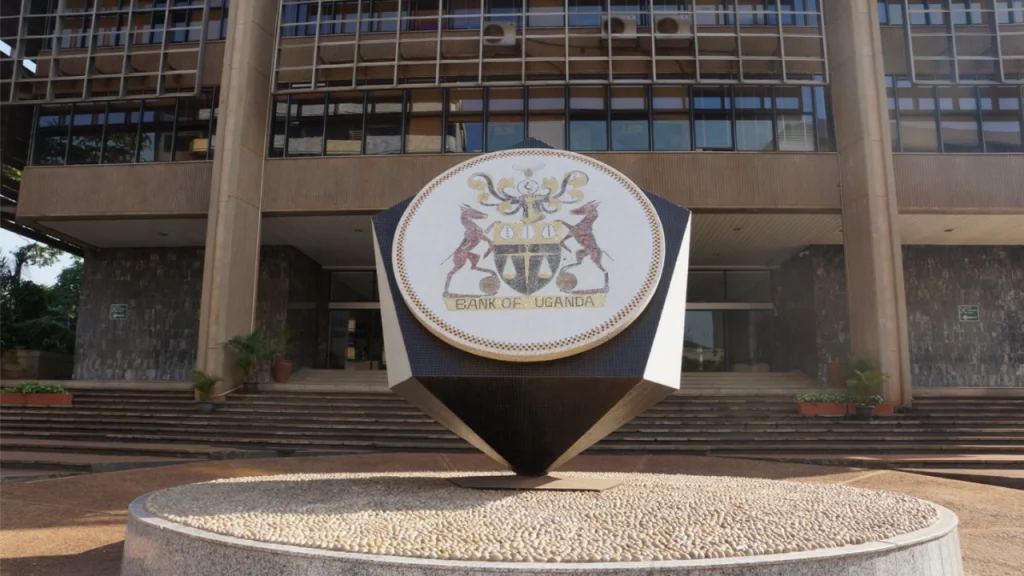- BOU ensures financial stability and supports the growth of Uganda’s banking sector.
- The bank faces challenges related to inflation control, currency management, and responding to global financial shifts.
Central Bank of Uganda’s mandate and responsibilities
The Central Bank of Uganda (BOU) is Uganda’s primary financial regulatory body, responsible for maintaining price stability and fostering a sound financial system. Established in 1966, BOU plays a crucial role in regulating the banking sector, managing inflation, and supporting the government’s monetary policies. It acts as a lender of last resort for commercial banks and manages the country’s foreign exchange reserves to ensure a stable currency and effective financial markets.
BOU’s key functions include formulating monetary policy, overseeing the banking sector, and ensuring the proper functioning of the payment system. It also acts as a custodian of Uganda’s foreign exchange reserves, working to maintain a stable exchange rate and control inflation. By setting interest rates and implementing regulatory measures, BOU influences the economy’s growth while striving to keep inflation within target levels.
Also read: Vitel Wireless: Nigeria’s first MVNO with dedicated number series
Also read: SoftBank’s new AI model boosts 5G speeds dramatically
Addressing economic challenges
BOU faces a range of challenges as it seeks to maintain Uganda’s financial stability. One of the most pressing issues is controlling inflation, which remains a constant concern for the country. Uganda has seen inflation spikes in recent years, partly due to fluctuations in global commodity prices and external economic shocks. In response, BOU adjusts interest rates and employs monetary policy tools to mitigate the impact on consumers and businesses.
Currency management also presents challenges. As the global economy becomes increasingly interconnected, the Central Bank must manage the value of the Ugandan shilling against global currencies. Exchange rate fluctuations, particularly those driven by international market conditions, affect inflation and trade balances. BOU continues to monitor these factors and adjust its policies to stabilise the currency and control inflation.
Additionally, BOU faces the challenge of maintaining financial sector integrity amid global shifts in banking and technology. The rise of digital banking, mobile payments, and fintech innovations poses both opportunities and risks for Uganda’s financial landscape. The Central Bank has responded by modernising financial regulations and supporting the integration of fintech solutions within the country’s regulatory framework.

